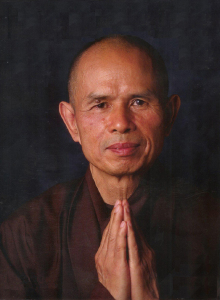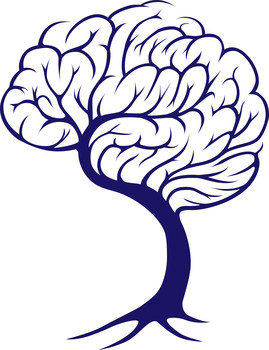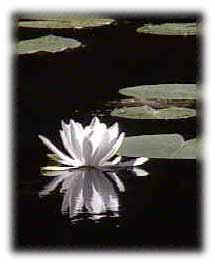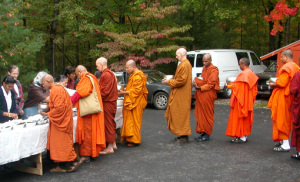
Here is Vietnamese monk Thich Nhat Hanh‘s take on the Five Precepts in Buddhism, which expands their definition to include some wonderful nuances. (Thanks to Robin Wilson for passing these on).
The Five Wonderful Precepts
FIRST PRECEPT
Aware of the suffering caused by the destruction of live, I vow to cultivate compassion and learn ways to protect the lives of people, animals, plants, and minerals. I am determined not to kill, not to let others kill, and not to condone any act of killing in the world, in my thinking, and in my way of life.
SECOND PRECEPT
Aware of the suffering caused by exploitation, social injustice, stealing, and oppression, I vow to cultivate loving kindness and learn ways to work for the well-being of people, animals, plants, and minerals. I vow to practice generosity by sharing my time, energy, and material resources with those who are in real need. I am determined not to steal and not to possess anything that should belong to others. I will respect the property of others, but I will prevent others from profiting from human suffering or the suffering of other species on Earth.
THIRD PRECEPT
Aware of the suffering caused by sexual misconduct, I vow to cultivate responsibility and learn ways to protect the safety and integrity of individuals, couples, families, and society. I am determined not to engage in sexual relations without love and a long-term commitment. To preserve the happiness of myself and others, I am determined to respect my commitments and the commitments of others. I will do everything in my power to protect children from sexual abuse and to prevent couples and families from being broken by sexual misconduct.
FOURTH PRECEPT
Aware of the suffering caused by unmindful speech and the inability to listen to others, I vow to cultivate loving speech and deep listening in order to bring joy and happiness to others and relieve others of their suffering. Knowing that words can create happiness or suffering, I vow to learn to speak truthfully, with words that inspire self-confidence, joy, and hope. I am determined not to spread news that I know not to be certain and not to criticize or condemn things of which I am not sure. I will refrain from uttering words that can cause division or discord, or that can cause the family or the community to break. I will make all affords to reconcile and resolve all conflicts, however small.
FIFTH PRECEPT
Aware of the suffering caused by unmindful consumption, I vow to cultivate good health, both physical and mental, for myself, my family, and my society by practicing mindful eating, drinking, and consuming. I vow to ingest only items that preserve peace, well-being, and joy in my body, in my consciousness, and in the collective body and consciousness of my family and society. I am determined not to use alcohol or any other intoxicant or to ingest foods or other items that contain toxins, such as certain TV programs, magazines, books, films, and conversations. I am aware that to damage my body or my consciousness with these poisons is to betray my ancestors, my parents, my society, and future generations. I will work to transform violence, fear, anger, and confusion in myself and in society by practicing a diet for myself and for society. I understand that a proper diet is crucial for self-transformation and for the transformation of society.
 “Mind is the nucleus of life. When there is no real peace and rest in the mind, the whole life will collapse. People naturally try to overcome their miseries through pleasing the senses: they drink, gamble, sing and dance, all the time having the illusion that they are enjoying the real happiness of life. Sense stimulation is not the real way to have relaxation. The more we try to please the senses through sensual pleasures, the more will we become slaves to the senses. There will be no end to our craving for satisfaction.
“Mind is the nucleus of life. When there is no real peace and rest in the mind, the whole life will collapse. People naturally try to overcome their miseries through pleasing the senses: they drink, gamble, sing and dance, all the time having the illusion that they are enjoying the real happiness of life. Sense stimulation is not the real way to have relaxation. The more we try to please the senses through sensual pleasures, the more will we become slaves to the senses. There will be no end to our craving for satisfaction.














